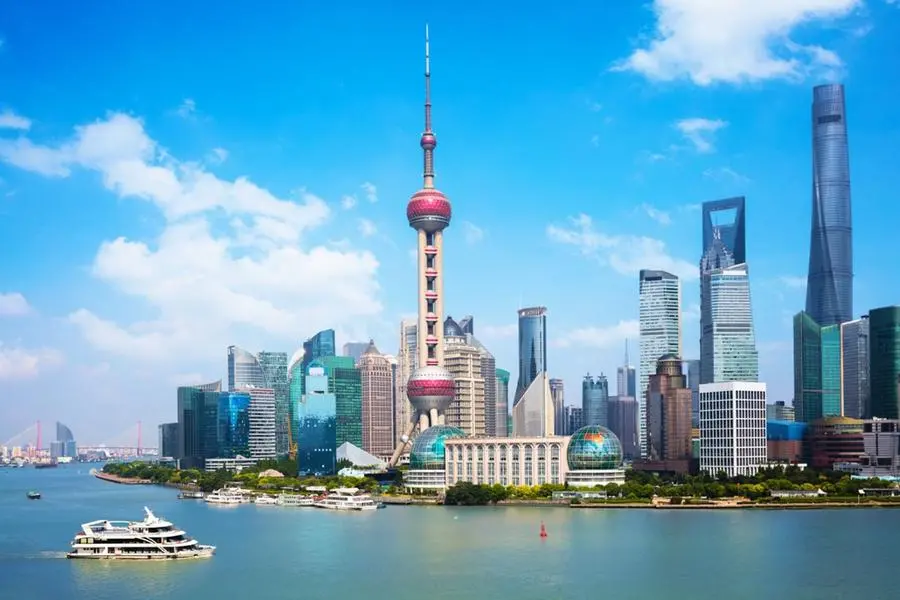PHOTO
The wise saying "Give a man a fish, and you feed him for a day; teach a man to fish, and you feed him for a lifetime" is universally attributed to ancient Chinese wisdom. You would therefore expect those who go to China with interest in development to seek knowledge and skills rather than money.
And there can be no doubt that all the conference papers, concept documents and important speeches at last week’s China – Africa summit were prepared by experts, using the latest data and state of the art technologies.
Therefore, the figure of $51 billion being offered by China to Africa must be informed by serious concept designs, scrutiny and analysis, and China’s offers in funding and tariff-free imports from Africa must be intended to improve the continent’s economic situation.
One then is left wondering what it is that Beijing is infusing in this modern day Marshall Plan that other development partners have been missing all along, if it is to make a difference. For truth be told, Africa has officially received far more that $51 billion in recent years from outside, but it did not improve matters – in some cases it could have made matters worse.
Africa has actually been receiving this figure or more from outside in Official Development Assistance in only one year! In the last decade 2014–2024, different estimates average the loan and aid to Africa at no less than a trillion dollars.
What magic bullet then is China, after seeing colossal sums lent to Africa fail to make it significantly better off, putting into this new package that will make a difference on the continent?China cannot be the only international player that isn’t aware that corruption with both locally and internationally driven administrative criminality are at the base of making loans to Africa largely ineffective except in a few places like Botswana.
China itself has developed according to its strategies largely because of its intolerance to corruption. So does Beijing really expect its generosity to make a significant positive difference in Africa if corruption is not checked? If China knows that with corruption your plans cannot succeed, why does it want to inject so much money in a corruption-ridden continent without imposing tough checks?China has for long been punishing corruption with death, and Chinese citizens trust their government because they know it does not offer solace to criminals. In fact, western countries that in earlier decades admitted Chinese for studies in STEM (Science Technology Engineering Mathematics) expecting that the students would stay after their studies were disappointed that almost all would eagerly return home on graduating.
This is because they trust their government as being honest. In China honesty is measurable.
So why should China invest billions of dollars in countries where grand corruption often goes unpunished? Has it not got a better way to do this? At this time, the world is looking for rare earth minerals to drive the energy transition in face of climate change, and China is reputed to have more access to their deposits in Africa than any other country.
Can China then help these countries invest in processing these minerals and turning them into finished products like batteries for electric mobility?Many discerning Africans are not excited about China’s latest generosity, and Beijing knows this; it has just concluded a big deal with politicians but not with the people of Africa.
In all honesty, China cannot be expecting any significant ROI on its $51 billion.
For its loans to be recovered, the projects are not likely to help generate the repayment money but the borrowing governments will have to tax their poor people ruthlessly to even deliver the $51billion, which is the very minimum that common sense would demand – that the loan should at least help generate enough money to repay itself.
Does China, which always expresses love for and solidarity with Africa, agree with the fish and fishing proverb which everyone attributes to China?
© Copyright 2022 Nation Media Group. All Rights Reserved. Provided by SyndiGate Media Inc. (Syndigate.info).




















